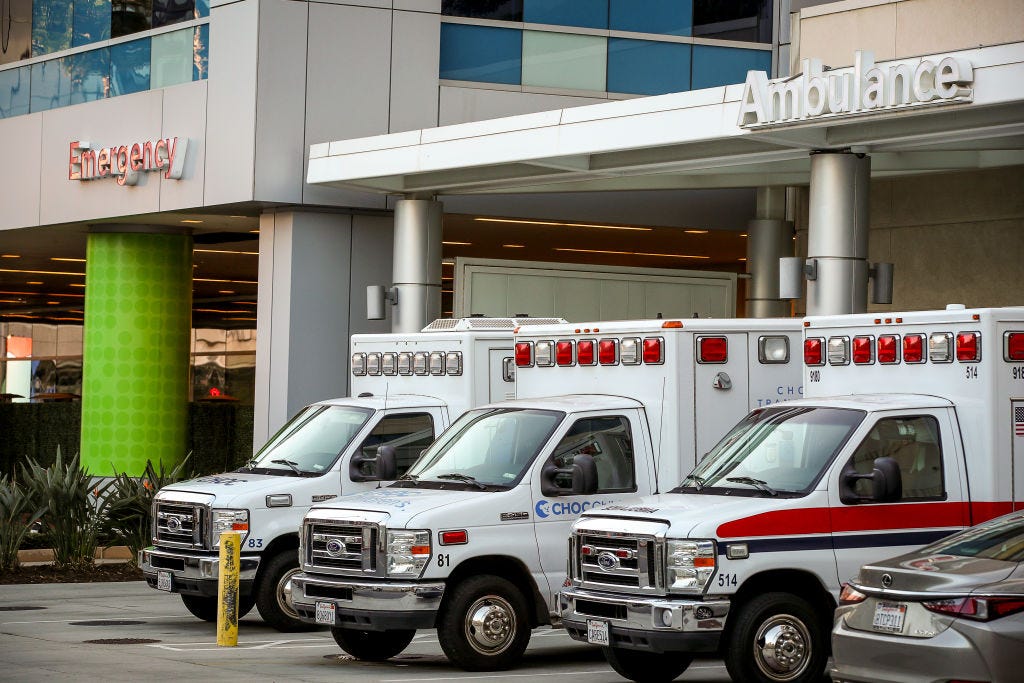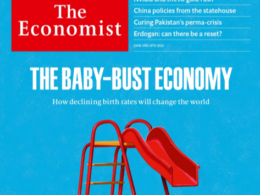institute for
strategic health transformation
Joaquim Cardoso MSc.
Chief Research & Strategy Officer (CRSO),
Chief Editor and Senior Advisor
August 28, 2023
What is the message?
The American healthcare system is broken, and in order to repair it and improve overall public health outcomes, major hospitals and healthcare systems need to play a more active role in addressing the social determinants of health.
The current focus on medical interventions and clinical care only accounts for a small portion of health outcomes, while the majority of factors that influence health are related to social, economic, and environmental conditions.
The authors highlight several key points:
- Healthcare Spending and Life Expectancy Discrepancy: The United States spends a significant amount of money on healthcare, yet its life expectancy lags behind many other nations. Despite high healthcare spending, the health outcomes for Americans do not match the level of investment.
- Social Determinants of Health: The authors stress that health outcomes are significantly influenced by social factors such as poverty, inequality, racism, housing stability, access to nutritious food, education, and more. These factors have a more profound impact on an individual’s health than clinical care.
- Lack of Focus on Social Drivers: The authors criticize the healthcare system’s historical disregard for addressing social drivers of health. They emphasize that hospitals and healthcare systems need to shift their focus to address these factors that contribute to poor health outcomes.
- Hospitals’ Responsibility and Wealth: Hospitals and healthcare systems have substantial financial resources and political influence. The authors argue that these resources should be leveraged to actively address the social determinants of health and make meaningful investments in initiatives that promote healthier communities.

Examples of Promising Models:
The authors mention examples of healthcare institutions that have already begun addressing social determinants of health, such as investing in affordable housing, food security, and community support programs.
Shift in Business Model: The authors acknowledge that their proposed approach represents a fundamental shift in the business model of American healthcare. They assert that this transformation is necessary to fulfill the duty of healthcare to improve overall well-being and public health.
Recommended Areas of Focus:
The authors provide a list of key areas where hospitals and healthcare systems should direct their resources to make measurable progress in addressing social determinants of health. These areas include
- Universal healthcare coverage, food security, housing security, support for immigrants, criminal justice reform, environmental responsibility, voting rights, education, maternal and infant care, and reducing gun violence.
In essence, the authors call for a paradigm shift in the role of hospitals and healthcare systems, urging them to take responsibility for and invest in initiatives that go beyond medical treatment and directly address the broader social factors that shape health outcomes in the United States.

There are few examples of healthcare institutions that are already implementing changes to address social determinants of health.
While these examples represent just a portion of the efforts being made, they provide insights into how some healthcare systems are taking steps in the right direction:
Kaiser Permanente:
The authors highlight Kaiser Permanente’s commitment to investing $400 million in a social impact investment fund aimed at creating affordable housing and supporting economic development in low-income communities. This initiative demonstrates a dedication to addressing housing security and economic disparities as part of healthcare’s role in improving overall community health.
Portland Healthcare Systems:
In Portland, Oregon, six large healthcare systems have collaborated to build nearly 400 apartments with extensive case management services for individuals without shelter or those at risk of losing their housing. This project exemplifies how healthcare institutions can directly contribute to housing security and the well-being of vulnerable populations.
Other Healthcare Systems:
The authors mention similar projects in cities like Denver and Toronto, indicating that healthcare systems in various regions are exploring initiatives to address social determinants of health. While specific details aren’t provided, it highlights a growing trend of healthcare institutions taking on responsibilities beyond traditional clinical care.
Access to Nutritious Meals and Food Security:
Some hospitals are launching initiatives to improve access to nutritious meals. This includes the establishment of “food pharmacies” stocked with fresh produce and offering free cooking classes. These efforts directly tackle food security and aim to improve community health through better nutrition.
While the article provides these examples, it’s important to note that the landscape of healthcare is vast and diverse, and different institutions may be implementing similar changes in various ways.
Source:
This is a summary of the article’ “American Health Care Is Broken. Major Hospitals Need to Be Part of the Solution”, published on Time, and authored by Time
DONALD M. BERWICK AND MICHELLE A. WILLIAMS,on MAY 24, 2023
Berwick, MD, a pediatrician, is the former Administrator of the Centers for Medicare and Medicaid and President Emeritus at the Institute for Healthcare Improvement.
Williams, ScD, an epidemiologist, is the Dean of Faculty at the Harvard T.H. Chan School of Public Health.
“https://time.com/6281957/american-health-care-is-broken-major-hospitals-solution/












